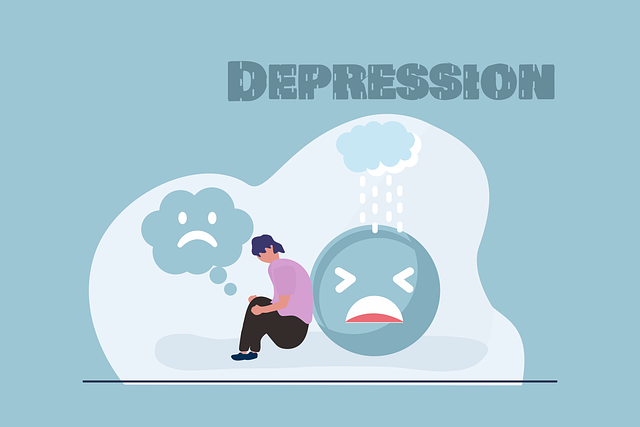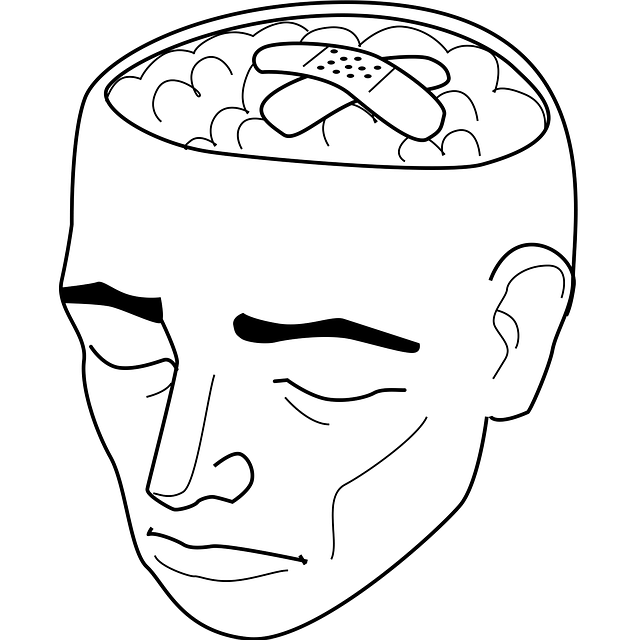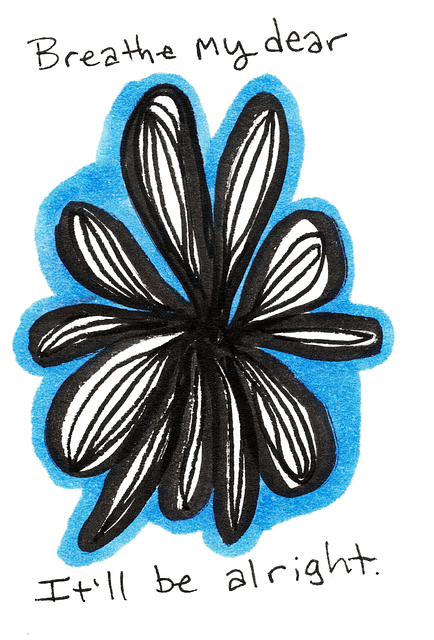Castle Rock Anger Management Therapy (CRAMT) offers a specialized, evidence-based program combining CBT, mindfulness, and conflict resolution techniques to help individuals manage and transform anger into healthier expressions. Recognizing the importance of mental wellness in today's fast-paced world, CRAMT incorporates personalized coaching and journaling exercises to enhance resilience and overall well-being. Their structured curriculum blends tailored techniques for specific mental health challenges, such as emotional regulation and burnout prevention. The program also provides supportive training for coaches and focuses on public awareness campaigns to reduce stigma around seeking help early. Through continuous evaluation using both quantitative and qualitative methods, CRAMT ensures their coaching strategies remain refined and effective in fostering lasting positive outcomes.
Mental wellness coaching programs are gaining prominence as essential tools for fostering holistic well-being. This article explores the development of such programs, focusing on Castle Rock Anger Management Therapy as a case study. We’ll delve into identifying the need for these initiatives, designing effective curricula, and training coaches to deliver exceptional support. Additionally, evaluation strategies and continuous improvement methods are discussed, emphasizing the significance of measuring success in mental wellness coaching. Learn how Castle Rock Anger Management Therapy offers a comprehensive approach to managing anger, enhancing resilience, and promoting lasting positive changes.
- Understanding Castle Rock Anger Management Therapy: A Comprehensive Overview
- Identifying the Need for Mental Wellness Coaching Programs
- Designing Effective Coaching Curricula and Techniques
- Implementing Supportive Training for Coaches
- Measuring Success: Evaluation and Continuous Improvement Strategies
Understanding Castle Rock Anger Management Therapy: A Comprehensive Overview

Castle Rock Anger Management Therapy (CRAMT) is a specialized program designed to help individuals effectively manage and reduce anger-related issues. This therapy goes beyond surface-level calming techniques; it delves into the underlying causes of anger, offering a comprehensive approach to personal growth and mental wellness. CRAMT incorporates various evidence-based methods, including cognitive behavioral therapy (CBT), mindfulness practices, and conflict resolution techniques, to empower clients with long-lasting coping strategies.
The program is tailored to meet diverse needs, providing a safe space for participants to explore their emotions, understand triggers, and learn effective communication skills. Through mental wellness journaling exercises and structured guidance, CRAMT facilitates self-awareness, helping individuals transform negative anger patterns into healthier expressions. By combining theoretical knowledge with practical tools, this therapy equips clients with the means to navigate challenging situations, enhancing overall mental health education programs design and personal resilience.
Identifying the Need for Mental Wellness Coaching Programs

In today’s fast-paced world, mental wellness has emerged as a paramount concern, especially with rising rates of anxiety and stress-related disorders. This shift in awareness necessitates the development of innovative support systems, such as Mental Wellness Coaching Programs. One notable area where these programs can make a significant impact is within communities like Castle Rock, known for its high quality of life but not immune to mental health challenges. By offering personalized guidance and evidence-based techniques, coaches can empower individuals to manage stress, overcome anxiety, and even seek Trauma Support Services when needed.
The need for such coaching programs is further underscored by the growing recognition of the interconnectedness between physical and mental health. Anxiety Relief techniques, for instance, have been shown to improve overall well-being. Similarly, Mental Wellness Journaling Exercises can serve as valuable tools for self-reflection and emotional regulation. With guidance from skilled coaches, participants can learn to navigate life’s challenges with resilience, fostering a more balanced and fulfilling lifestyle.
Designing Effective Coaching Curricula and Techniques

Designing effective coaching curricula is paramount to ensuring mental wellness programs deliver tangible results. A well-structured curriculum should incorporate a blend of evidence-based techniques tailored to address specific mental health challenges, such as Castle Rock Anger Management Therapy for managing anger-related issues. It’s crucial to include modules on emotional regulation, resilience building, and burnout prevention strategies for healthcare providers, fostering an environment where participants feel empowered to navigate their mental health journeys effectively.
Techniques should be interactive and engaging, encouraging active participation through role-playing exercises, mindfulness practices, and cognitive reframing. Incorporating diverse delivery methods, like individual sessions, group discussions, and virtual workshops, allows for personalized learning experiences that cater to different learning styles. By fostering a supportive and non-judgmental space, coaches can create a safe haven where participants feel comfortable exploring their emotions, setting goals, and implementing sustainable coping mechanisms.
Implementing Supportive Training for Coaches

Implementing Supportive Training for Coaches is a pivotal step in enhancing the effectiveness of mental wellness coaching programs. At Castle Rock Anger Management Therapy, we recognize that coaches play a crucial role in guiding individuals towards better mental health. To achieve this, our training focuses on equipping coaches with robust skills in empathy building and emotional intelligence—essential tools for fostering meaningful connections with clients. These strategies not only help coaches understand their clients’ unique challenges but also enable them to offer tailored support.
Moreover, our programs delve into the development of public awareness campaigns that promote mental wellness. By raising awareness within communities, we aim to reduce stigma and encourage individuals to seek assistance early on. This holistic approach ensures that coaches are not just trained professionals but also advocates for mental health, providing comprehensive care that transcends traditional therapy settings.
Measuring Success: Evaluation and Continuous Improvement Strategies

Evaluating the success of a mental wellness coaching program is pivotal to its continuous improvement and long-term effectiveness. At Castle Rock Anger Management Therapy, we adopt a multifaceted approach, utilizing both quantitative and qualitative methods to gauge participant progress. This involves pre-and post-program assessments, where individuals are asked to rate their improvements in areas such as mood management, conflict resolution techniques, and inner strength development. These evaluations provide invaluable insights into the program’s impact and help identify areas that may require tweaking or further emphasis.
Additionally, regular check-ins with participants offer a more nuanced understanding of their experiences. Through open-ended feedback sessions, we gather qualitative data, allowing for a deeper exploration of personal growth journeys. This information is meticulously analyzed to refine coaching strategies, ensuring the program remains responsive to the evolving needs of its clientele and cultivates lasting positive outcomes in mood management and inner strength development.
Castle Rock Anger Management Therapy (CRAMT) offers a structured approach to addressing emotional health challenges, highlighting the growing demand for accessible mental wellness coaching programs. By understanding the core principles of CRAMT and implementing effective curricula, coaches can significantly impact individuals’ lives. Training and continuous improvement strategies are vital to ensure coaches provide supportive, evidence-based care. This comprehensive guide emphasizes the importance of evaluating success and adapting programs to meet diverse needs, ultimately fostering a healthier, more resilient community.











